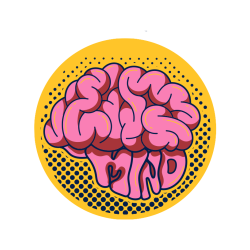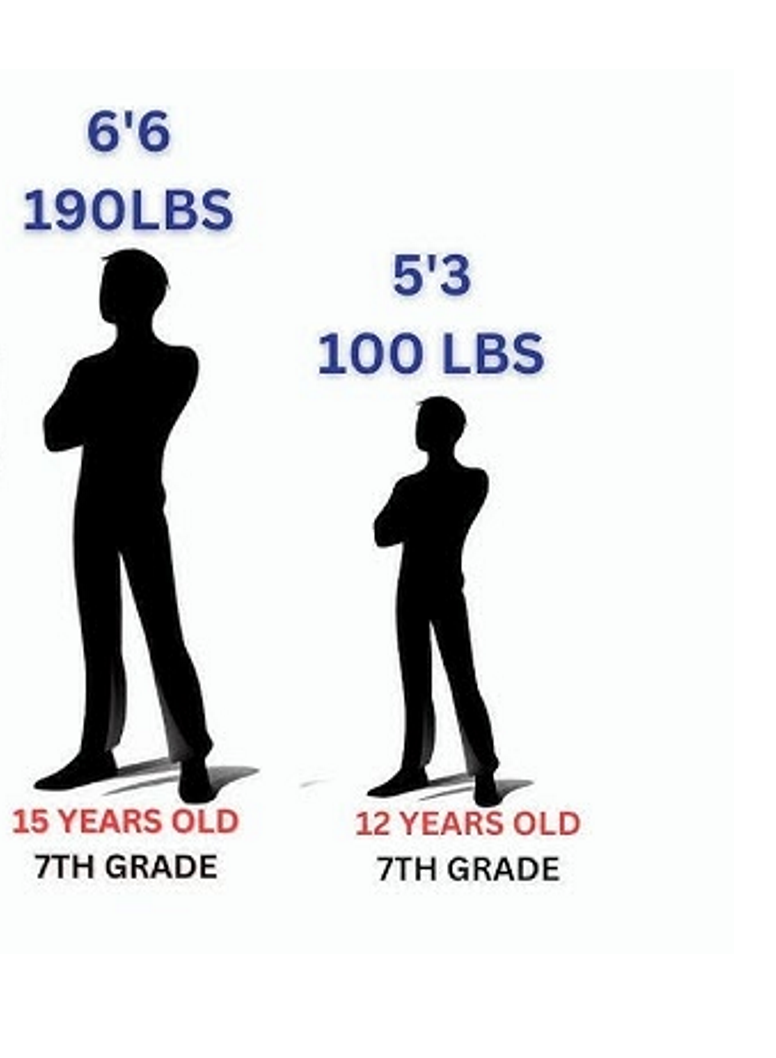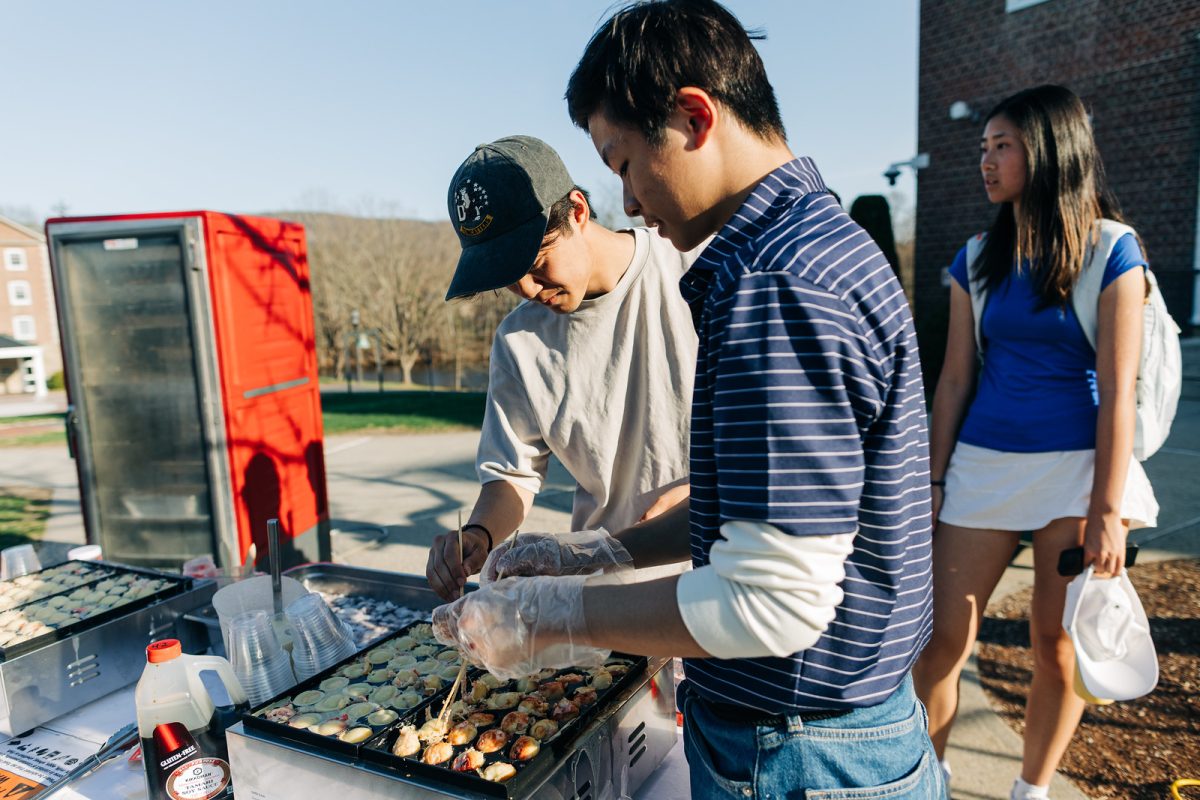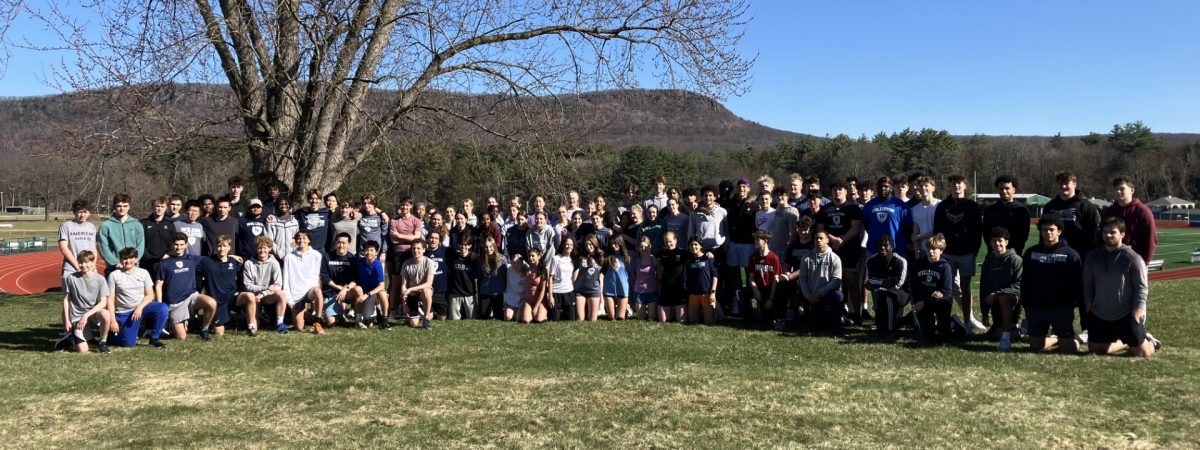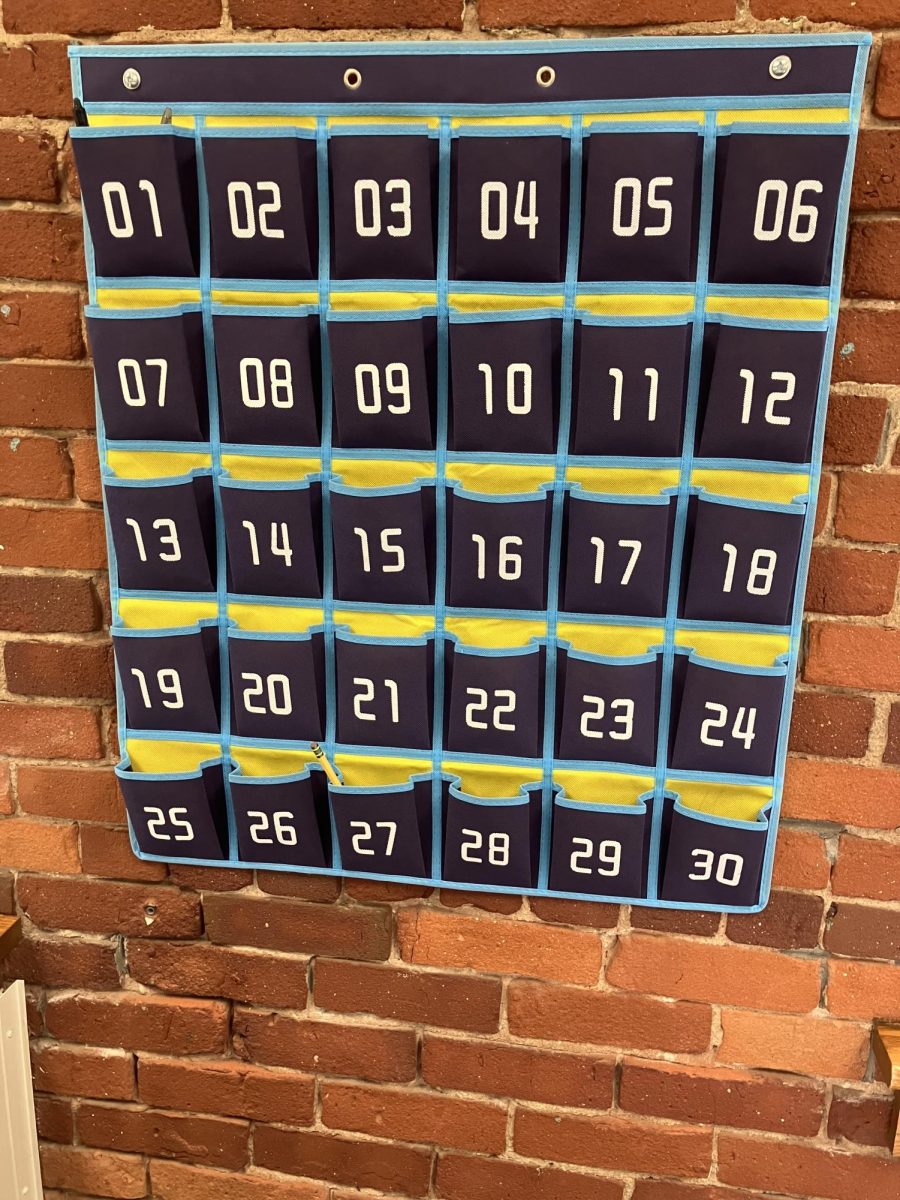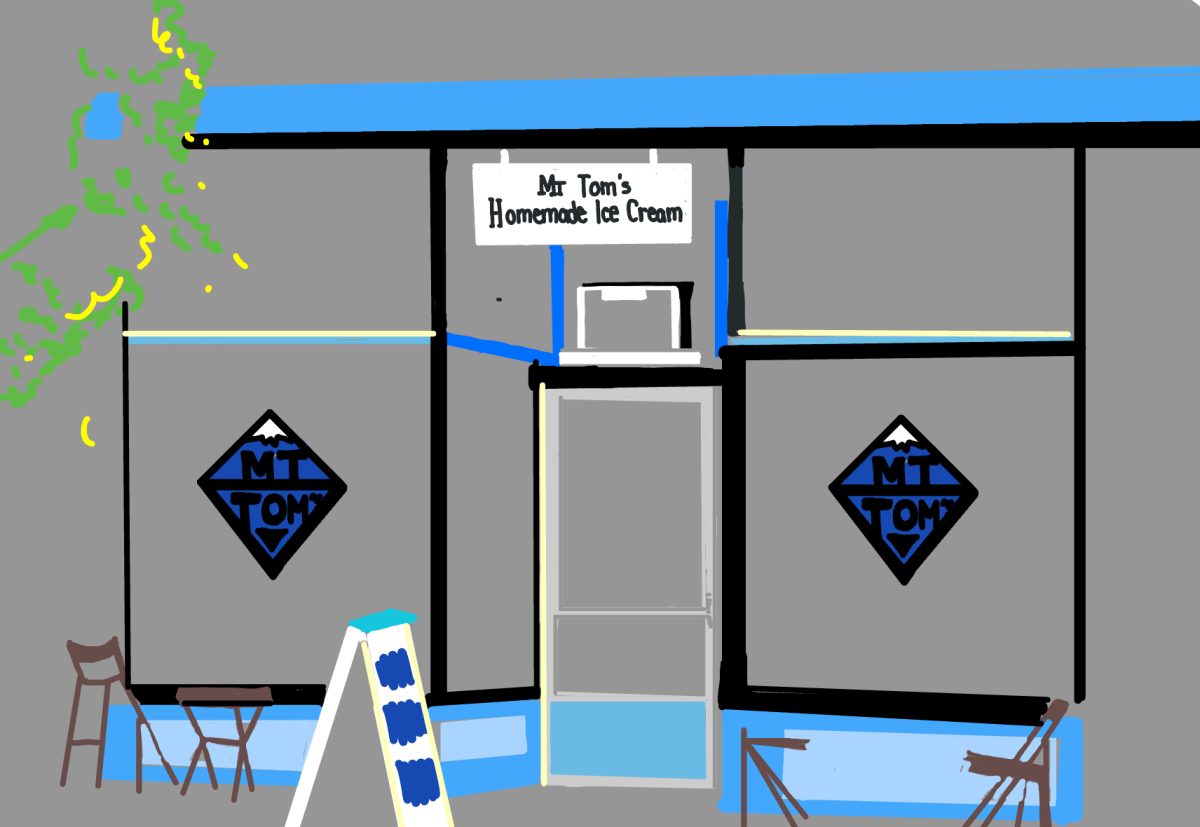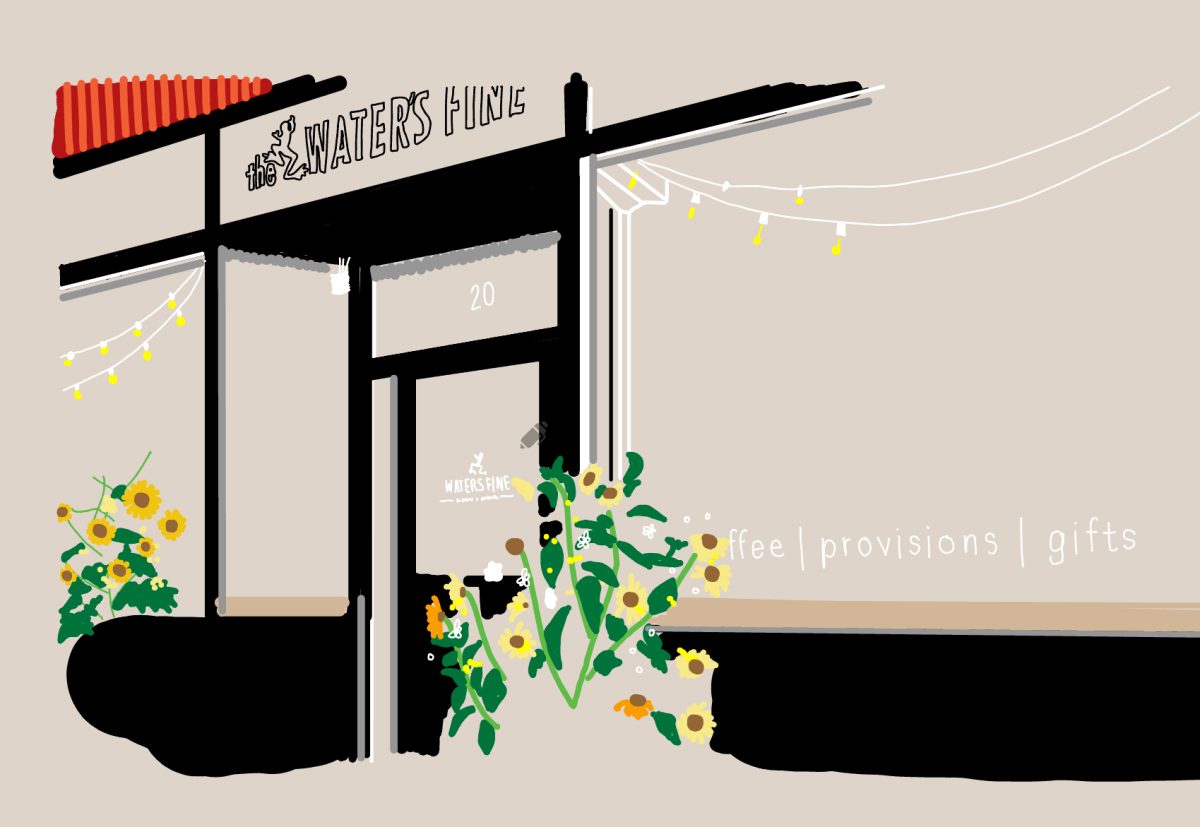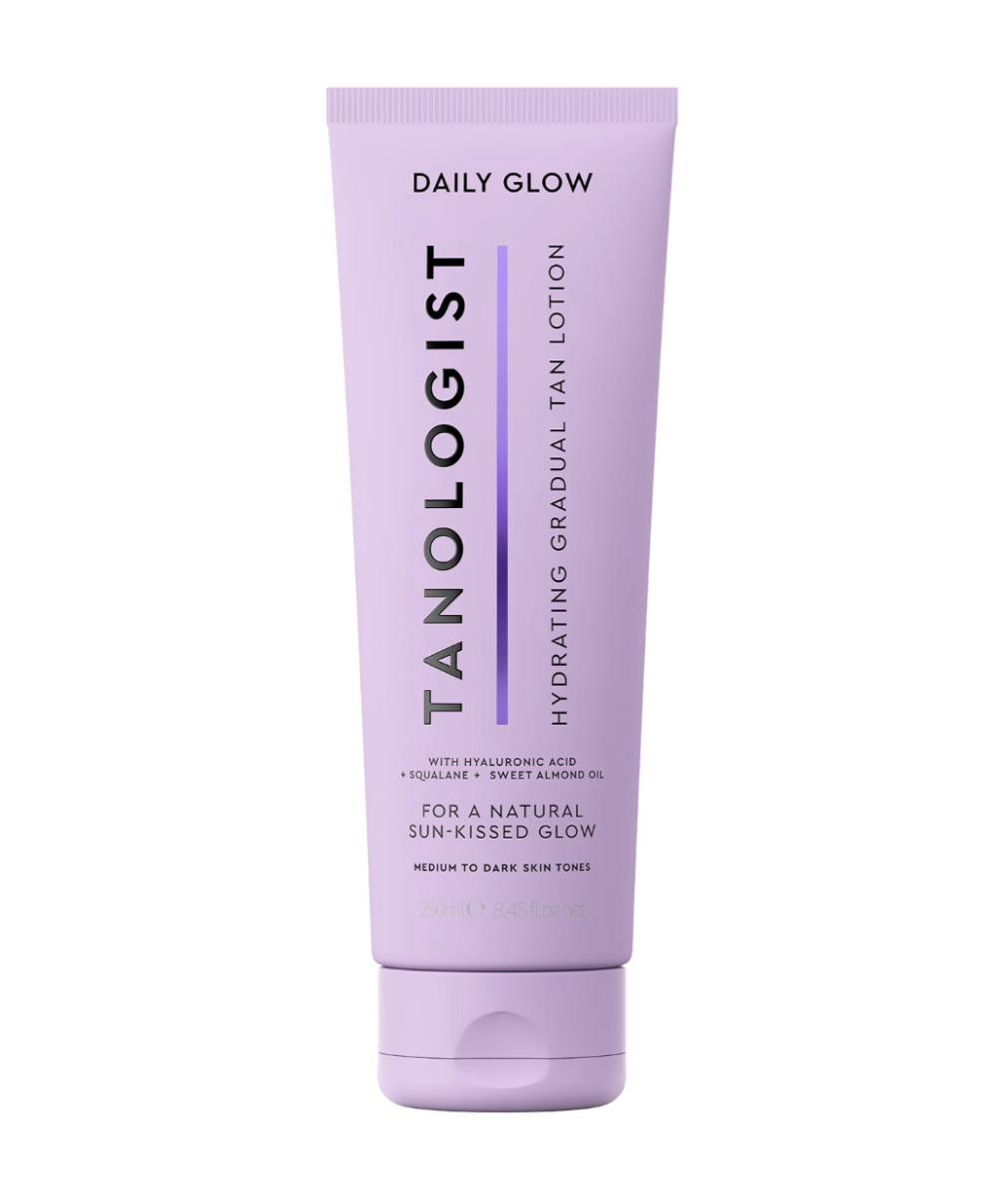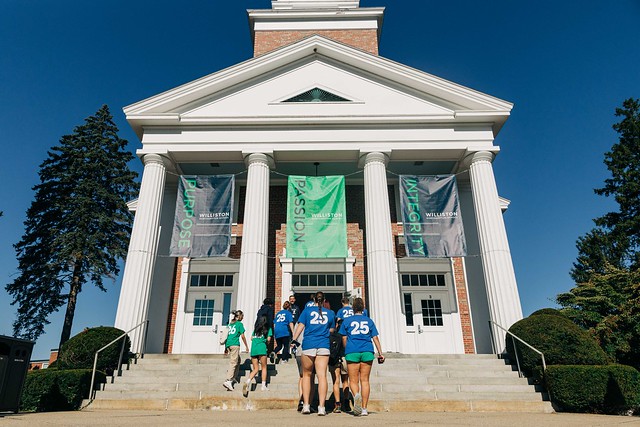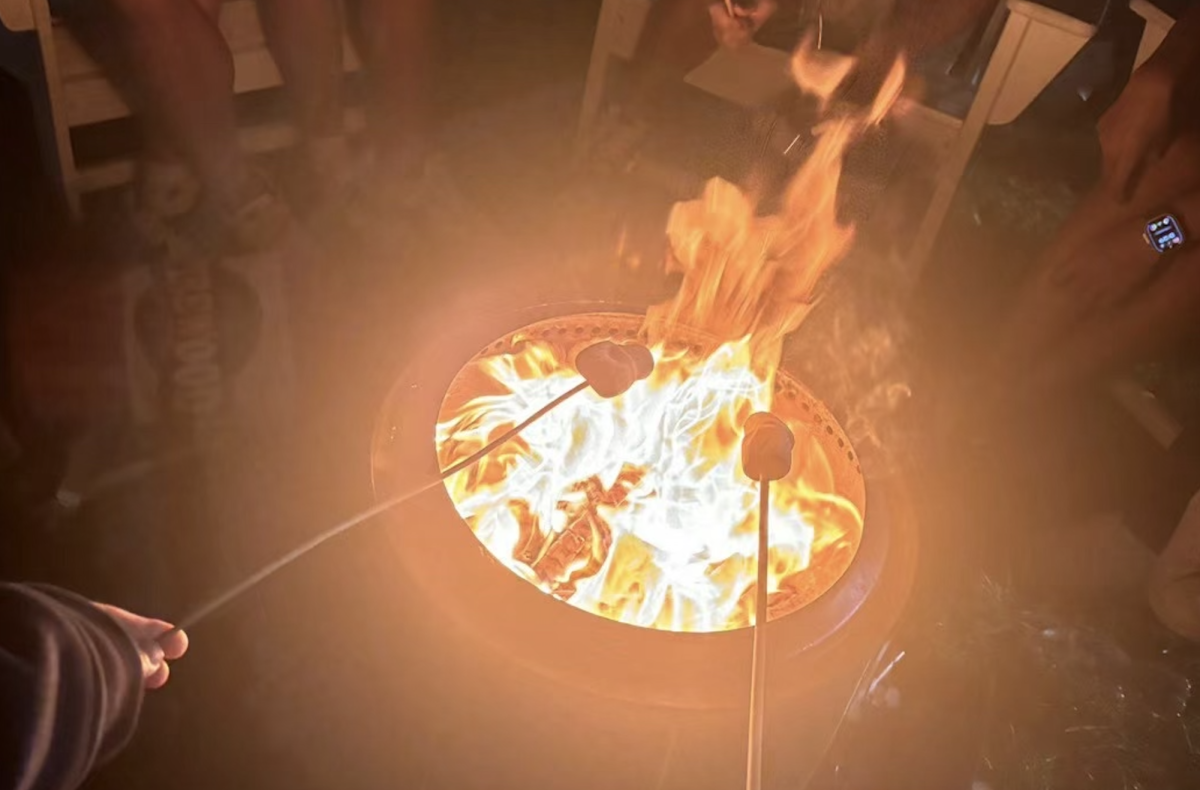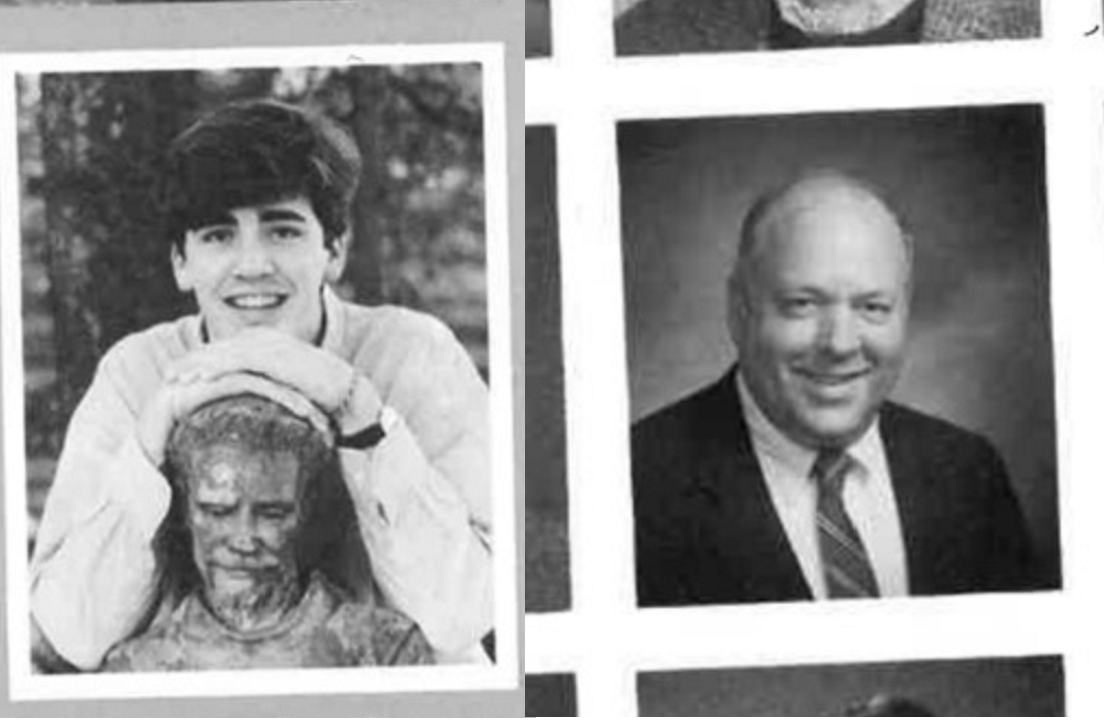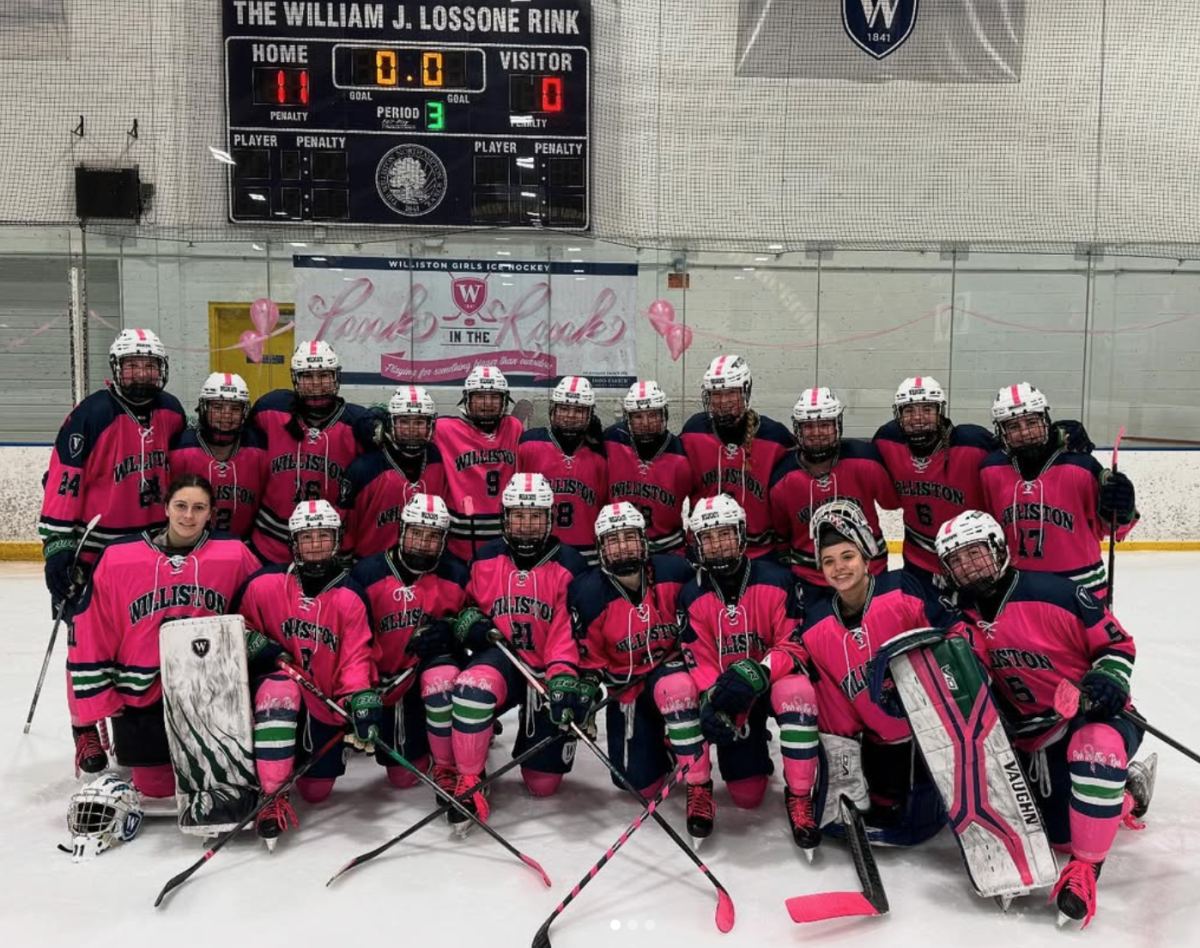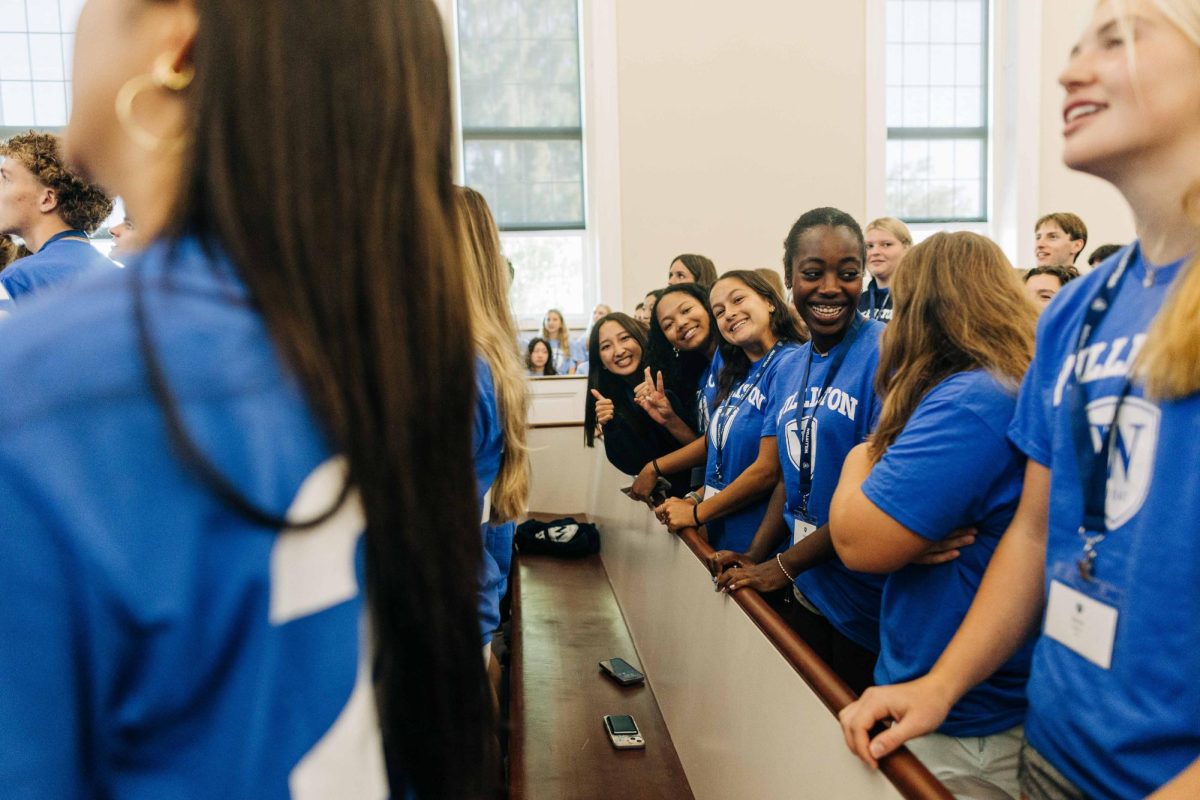If you scroll through your Instagram stories, chances are you will come across at least one video of teens dumping ice water on their friends.
Over the past few weeks, the #SpeakYourMIND Ice Bucket Challenge has taken all over the social media and Williston’s campus.
Launched in April 2025 by the University of South Carolina’s MIND (Mental Illness Needs Discussion) club in partnership with the nonprofit Active Minds, the challenge aim to spread the awareness about mental health by encouraging participants to pour ice water over themselves and nominate others to do the same.
This new mental health-focused challenge has already made a significant impact. According to Active Minds website, the #SpeakYourMIND campaign has received over 2,300 donations and raised over $40,000 to support mental health resources for youth and young adults.
The challenge is especially spread with teens, including those right here at Williston.
Maggie Duffy, a sophomore, joined the challenge after being nominated by her friend back home.
“It felt like I was in this exclusive club type vibe,” she said. “It definitely felt good to be part of a good cause and involve in something that was moving the needle for mental health,” she said.
Maggie thinks this challenge is an easy for way to get involved in spreading awareness about mental health.
“It really was not that big of deal to do it,” she said. “I did at night, just had someone pour the water on me. I found that it was pretty easy way to get involved in something with good cause.”
Students are not the only ones getting involved on this challenge. Thomas Johnson, Head of the History Department, recently joined the challenge as well. He was nominated by Kenneth Choo, a science teacher.
“Mr. Choo sent me a late-night text nominating me,” he said. “I didn’t read the accompanying explanation and sort of didn’t understand it at the beginning.”
At first, Johnson wasn’t sure if he was going to participate.
“a number of students heard that Mr. Choo nominated me, asked me about in the dining hall at dinner, so I decided to go along,” he said. “I also thought my son might enjoy watching it. He very much did, and anything related to charity I’d like him to exposed to in some way or another.”
Johnson thinks these kinds of challenges can be valuable, though asked students to think about the ethics of them too.
“I think I have [participated in challenge like this that raises awareness about some topic],” he said. “I have mixed feeling about these challenges. I like them in theory, but not all causes are equal, and sometimes it seems the causes that get celebrated the most, or generate the most financially, while good causes, are not as impactful as other causes out there. If that sounds intriguing, take Ethics and Society next year! We explore that issue specifically.”
Anne Zager, a counselor, was surprised by the challenge’s return to campus.
“I only recently learned of the ice bucket challenge hitting campus and honestly was surprised,” she said. “I remember the phenomenon of the ALS ice bucket challenge a decade ago, and it makes sense that with even more people on social media now, it’s spreading quickly to teens including Williston students.”
As Zager said, the campaign is a revival of the viral 2014 Ice Bucket Challenge, which promoted awareness for amyotrophic lateral sclerosis (ALS), a rare terminal neurodegenerative disorder. The original campaigned swept the world, drawing support from celebrities like LeBron James, Mark Zuckerberg, Lady Gaga, Taylor Swift, and Selena Gomez. According to ALS United North Carolina, more than 28 million people engaged through posts, shares, and likes and raised over $115 million worldwide for the disease.
Zager is a co-advisor for the Active Minds club at Williston and believes strongly in the power of the organization. She believes it’s an “organization with a fantastic purpose–which is inspiring youth to change the norms around mental health. It’s literally saving lives.”
Zager thinks that many people might not fully understand the meaning behind these challenges.
“Williston’s Active Minds chapter is only in its second year and I’m guessing a lot of people still don’t know the purpose or mission of the organization,” she said. “Like…what’s with the green bandanas again? Ice bucket or bucket of beans, green bandanas or green bananas—these symbols and challenges are vehicles for exposure to real and meaningful causes and hopefully kindling for conversation and connection.”
Zager hopes that this campaign will be more than just a viral trend.
“I suppose time will tell whether the kindling really catches on and spurs people to greater action and greater comfort in talking about their own mental health joys and challenges,” she said. “If it starts and ends with ice buckets and a few laughs and dollars donated, that’s okay. But hopefully at least some will pause to consider the message behind the fun of it.”
If you are interested in donating to Active Minds, check out https://support.activeminds.org/fundraiser/6221101. As of Apr. 25th, $341,720 has been raised.
Zager believes that challenges like these can serve as important entry points to deeper conversations about mental health.
“A lot of things fall under the umbrella of mental health,” she said. “Some aspects of mental health are easier to talk about than others, for some people more than others. It’s complicated. But also, it’s universal—we all have mental and physical health. Maybe showering people with ice at 10pm in a dorm will cause a handful of folks who haven’t talked much about their mental health to open up or ask someone how they’re actually doing and really stick around and listen to the answer. Little moments can be entry points. I guess that’s my hope.”
Zager sees this challenge as an opportunity for both fun and meaningful connection.
“Have fun with it…positive peer pressure to keep you cool this Spring!” Zager said. “And also, with every video watched or made, take at least a moment to check in with yourself or someone else. Make a vow to be a little kinder, a little more authentic, and a little more generous with your care.”
There is a small controversy surround this challenge and 2014 challenge. Some people online argue that the biggest success of the 2014 challenges for ALS was the amount of money raised, but this challenge for mental health, the critics argue, cannot be solved with money.



